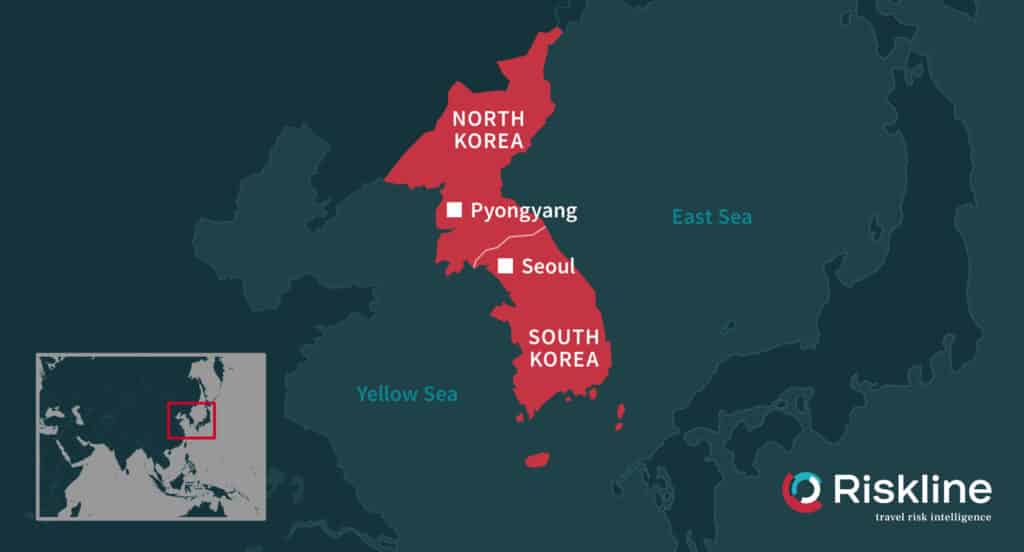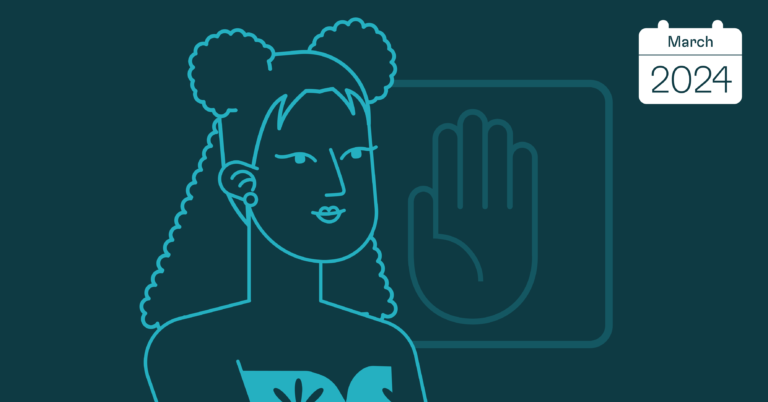By Avantika Deb
The North Korean military test-fired two ballistic missiles on 15 September into the Sea of Japan; just days earlier, they also tested a long-range, nuclear-capable cruise missile. This sudden escalation came on the heels of an unusually muted military parade, which uncharacteristically did not display any major ballistic missiles to mark the 73rd anniversary of the country’s founding.
Analysts have suggested different explanations behind these latest moves; some argue that Pyongyang is further strengthening its defence capabilities to counter the United States (US), while others predict that bilateral or multilateral negotiations will take place soon considering recent diplomatic efforts made by neighbouring South Korea and Japan. However, it is quite likely that the recent developments have no secret motive underneath and are indicative of the overall stalemated situation on the peninsula.
The latest tests showcase significant developments in North Korea’s nuclear and missile programme. The cruise missile that North Korea tested can travel up to 1,500 km (932 miles), putting much of Japan within range, and exceeds the range of its older ones by an order of magnitude. While their flight times are much longer than ballistic missiles, cruise missiles fly lower to the ground, making it difficult for radar systems to successfully intercept them.
A bigger concern is that North Korean media described these missiles as “strategic weapons”, implying a nuclear warhead delivery role for the first time ever. The ballistic missiles that Pyongyang tested later are already forbidden by the United Nations Security Council (UNSC) due to their greater payload, longer range and shorter flight time. Another alarming development is the discovery by the International Atomic Energy Agency (IAEA) that North Korea has resumed operations at the Yongbyon reactor, implying the renewed production of plutonium for use in nuclear weapons.
A key question that may arise is why North Korea has abruptly decided to resume its missile and nuclear programme despite an ongoing and deepening economic crisis, food shortages as well as the COVID-19 pandemic. The regime has steadily been on a mission to increase its military capabilities by qualitatively refining and quantitatively expanding its nuclear and missile arsenal. Domestically, this strengthens Supreme Leader Kim Jong-un’s narrative of pursuing self-reliance in military defence, and it also boosts morale for the general public.
Internationally, it reaffirms the regime’s aggressive rhetoric against the US and its allies in response to international sanctions and joint military drills by the US and South Korea. While the recent tests may seem sudden, such a dramatic playout has been observed multiple times over the past several years. It is quite likely that it was simply time for them to conduct their tests; the last missile tests were in March 2021, and like all other countries with missiles, North Korea also needs to test-fire and upgrade its armaments. Adding to that was the fact that the timing was favourable for Pyongyang to escalate regional tensions as the US is still reeling from the fallout of its military withdrawal in Afghanistan.
In the meantime, diplomatic approaches to tackle North Korea’s nuclear and missile programme are also diminishing. Since the failure of the 2019 Hanoi Summit where the US reportedly refused to accept Kim’s demand of recognising North Korea as a nuclear state, it has become clear that Pyongyang may not come back to the negotiating table any time soon unless the US eases sanctions.
Renewed dialogues have also not been initiated since President Joe Biden took office in the US. Hence it is likely that North Korea will continue with its sporadic tests in the near- and medium-term, until and unless a realistic, long-term and phased denuclearisation process is undertaken multilaterally. Pyongyang will continue its pattern of alternatively dialling back tensions and then acting belligerently. Further weapons testing is likely in the coming months, especially on the occasion of notable anniversaries of national significance.
Avantika Deb is an India-based political and security risk analyst covering South and East Asia.















